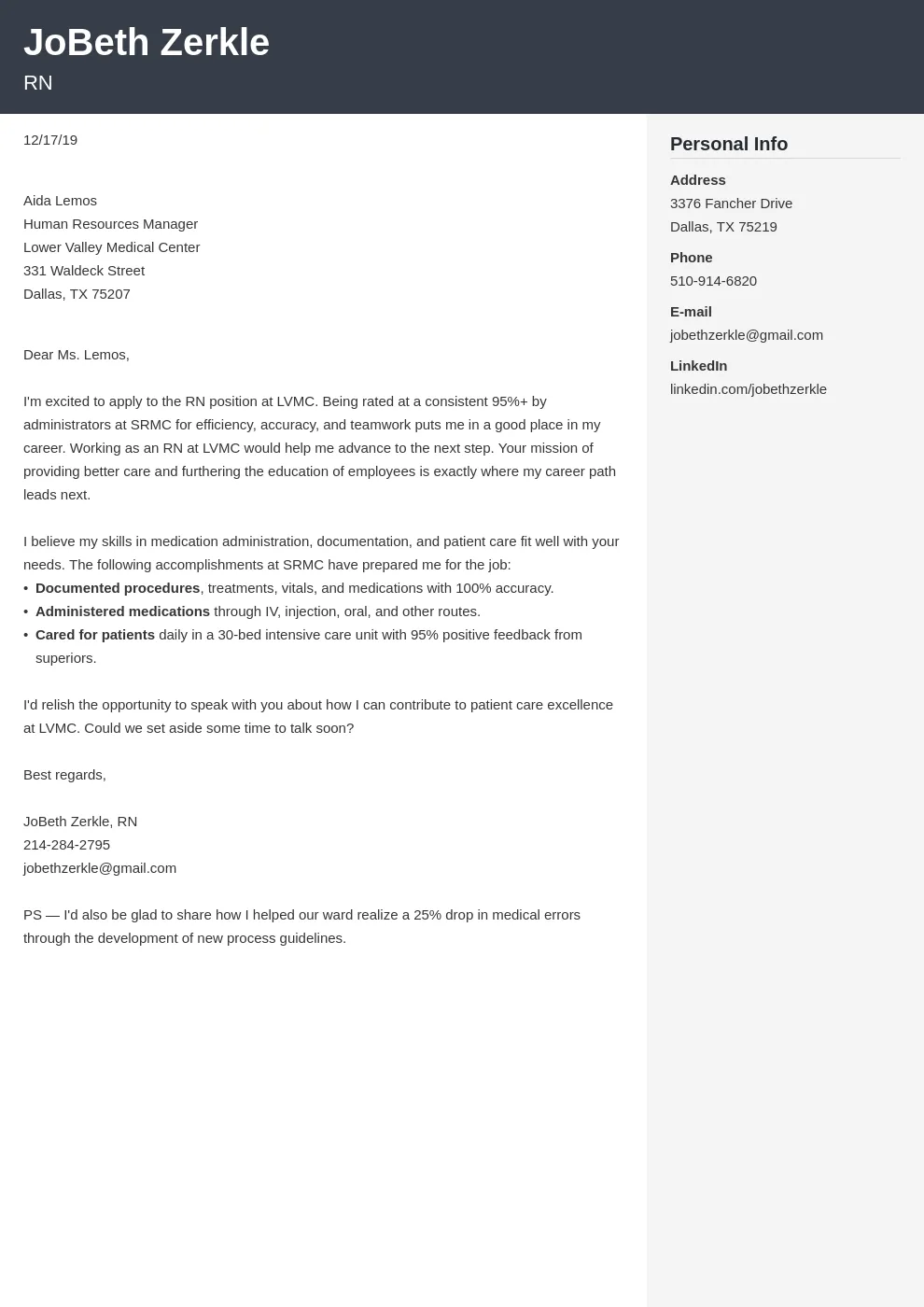Understanding the Importance of an RN Cover Letter
In the competitive field of nursing, a well-crafted RN cover letter is your first impression. It’s your chance to showcase your skills, experience, and passion for patient care to a potential employer. Unlike a resume, which lists your qualifications, a cover letter allows you to tell a story, explaining why you’re the perfect fit for the specific role and the healthcare organization. It provides context, highlighting your most relevant experiences and demonstrating your personality, ultimately setting you apart from other applicants and increasing your chances of landing an interview. A compelling cover letter can be the key to unlocking your dream nursing job, making it a vital component of your job application strategy. Consider it as your personal marketing document.
What to Include in Your RN Cover Letter
Crafting a comprehensive RN cover letter involves several key components that collectively paint a picture of your qualifications and suitability for the role. Each section plays a critical role in conveying your skills, experience, and enthusiasm. By including specific details and tailoring your letter to the job description, you increase the likelihood of making a strong impression on the hiring manager. Remember that the goal is to persuade them to invite you for an interview.
Your Contact Information
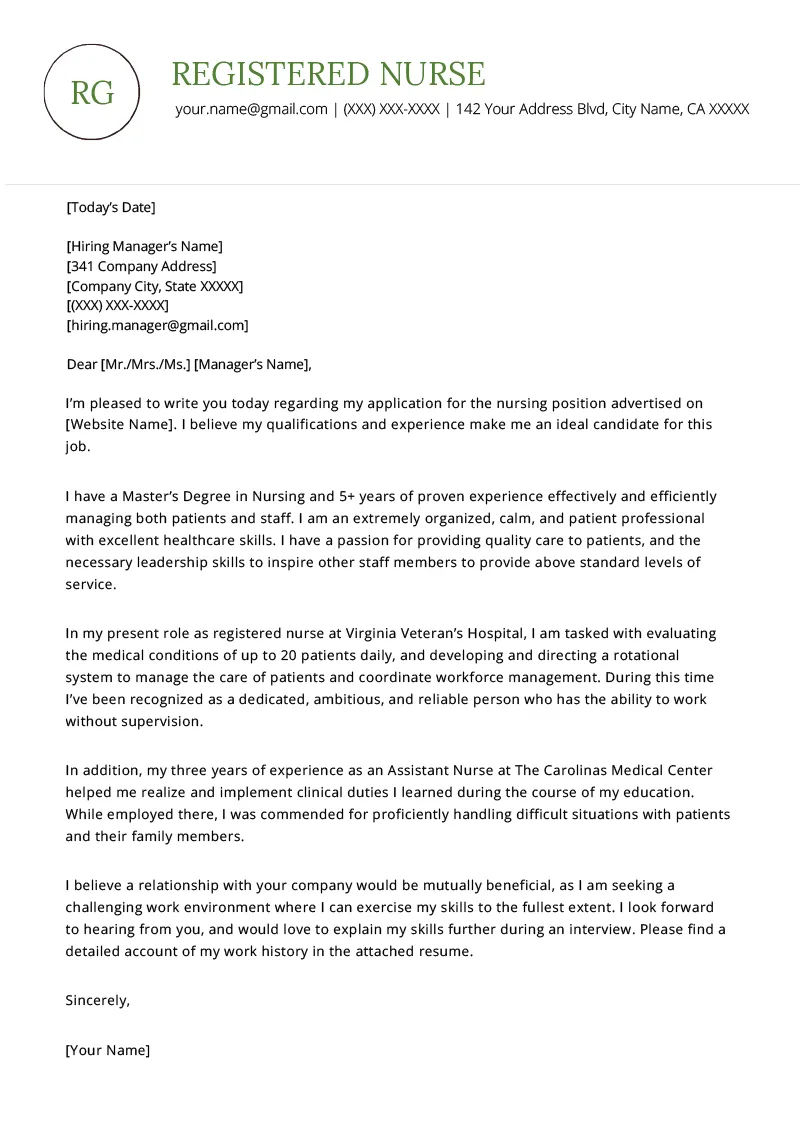
Begin your cover letter with your full name, address, phone number, and professional email address. This information should be clearly displayed at the top of the letter, ensuring the hiring manager can easily contact you. Double-check the accuracy of your contact details to avoid any potential communication errors. It’s also a good practice to use a professional-sounding email address; avoid using nicknames or informal language in your email.
Date and Employer Information
Below your contact information, include the date and the hiring manager’s name and title, if known. Address the letter to a specific person, as this demonstrates that you’ve done your research and taken the time to personalize your application. If the name is not available, use a professional salutation such as “Dear Hiring Manager.” Include the company name and the specific department you are applying to for further personalization.
The Salutation
The salutation sets the tone for your letter. As mentioned, use “Dear Mr./Ms./Mx. [Last Name]” if you know the hiring manager’s name. If not, “Dear Hiring Manager” is acceptable. Avoid generic greetings like “To Whom It May Concern” or “Dear Sir/Madam,” as they can make your letter feel impersonal and less engaging. This is your first chance to make a connection, so ensure it’s professional and respectful. Consider using a professional greeting, like “Greetings” if you are uncertain of a specific name.
Writing a Compelling Opening Paragraph
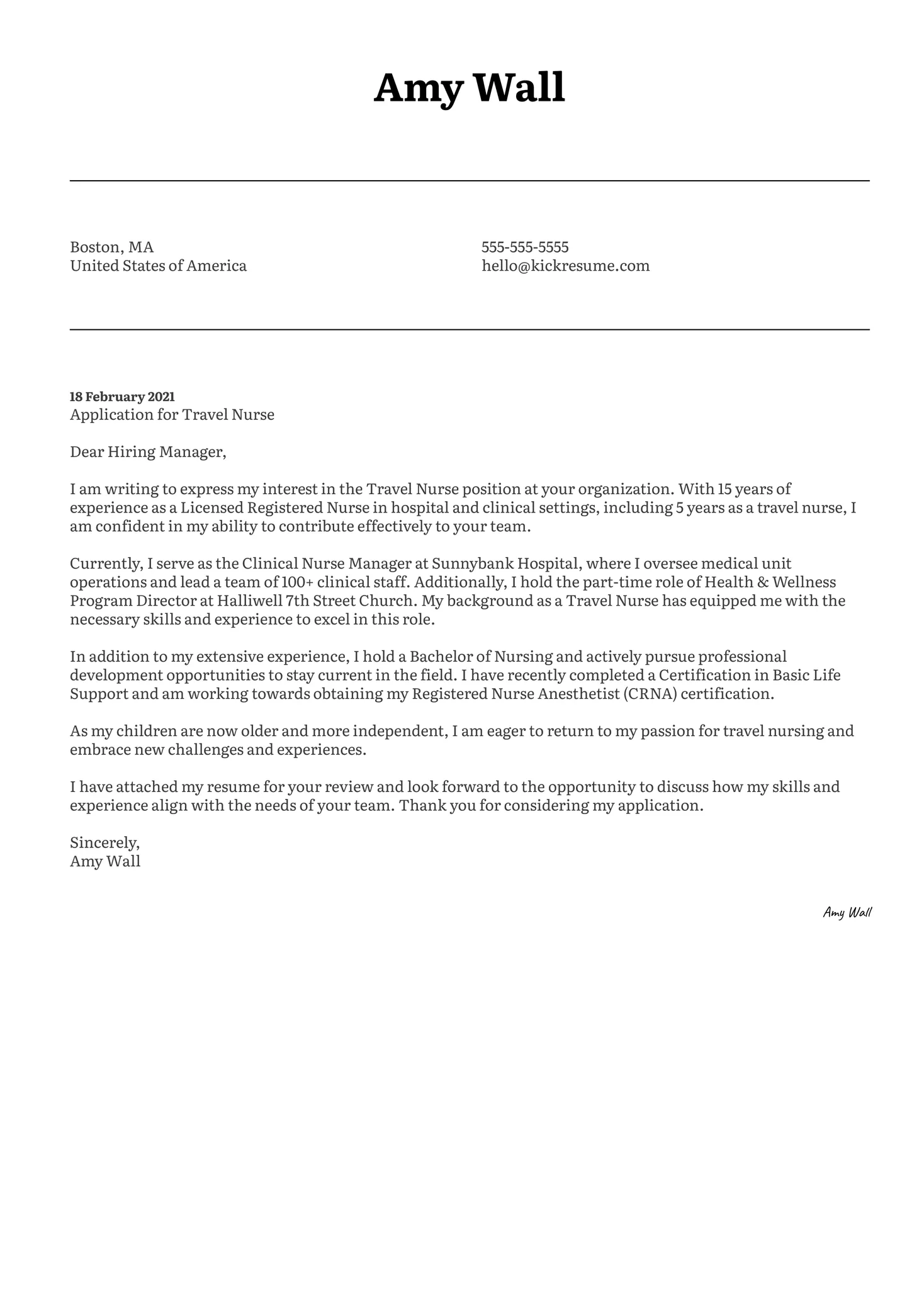
Your opening paragraph is crucial as it grabs the reader’s attention. Clearly state the position you’re applying for and where you found the job posting. Briefly mention your most relevant qualifications or the reason you’re enthusiastic about the role. Make a strong first impression by expressing your interest in the specific opportunity and the organization. You might also consider starting with a brief anecdote or statement about what inspires you to pursue nursing. Think about your strengths and weave them into this introduction, immediately capturing the hiring manager’s attention.
Highlighting Your Qualifications and Skills
This is where you showcase your nursing expertise. Select your most relevant skills and tailor them to the job requirements. Use specific examples to demonstrate how you’ve successfully applied these skills in previous roles. Quantify your accomplishments whenever possible to provide concrete evidence of your capabilities. Highlight specific certifications, specialties, and other relevant qualifications that make you a strong candidate. The goal is to connect your abilities with the employer’s needs.
Showcasing Relevant Experience
Detail your professional experience, focusing on positions and responsibilities that align with the job description. Explain your role and contributions in each position. Provide specific examples of how you’ve handled patient care, managed challenging situations, and collaborated with healthcare teams. Emphasize your clinical skills, such as assessment, medication administration, and patient education. The goal is to show that your prior experience has prepared you for the open role.
Quantifying Your Achievements
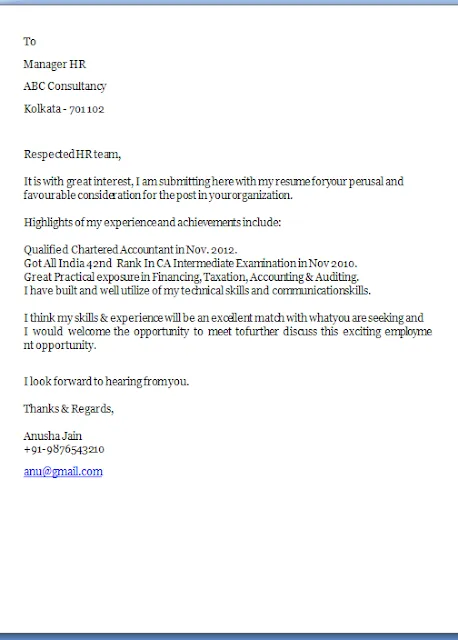
Use numbers and data to quantify your accomplishments. For example, mention how you improved patient outcomes, reduced readmission rates, or increased patient satisfaction scores. Provide concrete evidence of your impact by including statistics, percentages, or specific outcomes achieved. Quantifying your achievements adds credibility to your claims and demonstrates your value to the employer. Specific numbers are more powerful than generic statements.
Demonstrating Patient Care Skills
Highlight your patient care skills by providing examples of how you provide compassionate and effective care. Mention your ability to build rapport with patients, communicate effectively, and advocate for their needs. Emphasize your knowledge of various medical conditions, treatment protocols, and patient education strategies. Show the hiring manager that you are not only skilled but also deeply committed to patient well-being and quality care. This is critical for any nursing role.
Expressing Your Passion for Nursing
Convey your passion for nursing and the healthcare profession. Explain what motivates you to be a nurse and what drives you to provide excellent care. Share any personal experiences that have shaped your commitment to patient care. Demonstrating your enthusiasm will set you apart from other candidates. Express your interest in the organization’s mission, values, and the opportunities for professional growth. Let your passion shine through, making you a memorable candidate.
Formatting Your Cover Letter for Maximum Impact
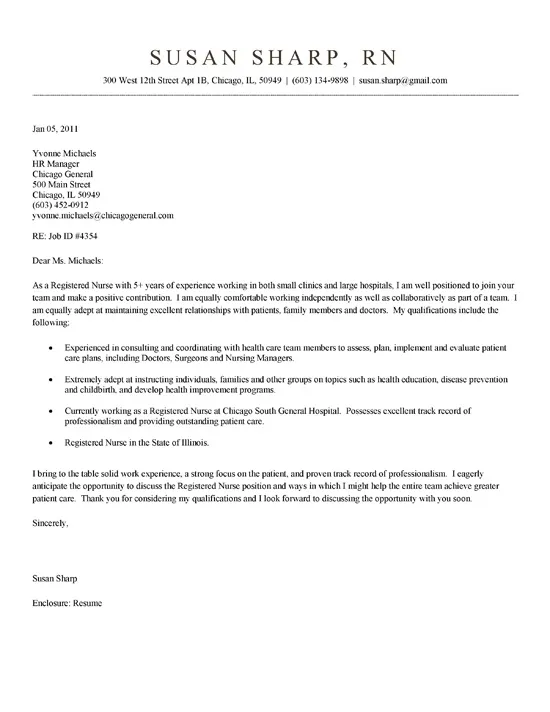
The visual presentation of your cover letter is as important as its content. A well-formatted letter is easy to read and conveys professionalism. Consider these key formatting elements to create a positive impression on the hiring manager. Your cover letter should reflect your attention to detail.
Choosing the Right Font and Font Size
Select a professional and readable font, such as Times New Roman, Arial, or Calibri. Use a font size between 11 and 12 points for optimal readability. Ensure your font is consistent throughout the document, and that the text is easy on the eyes. Avoid using overly fancy fonts or sizes that are too small or too large. A clean, simple font will make your letter look professional and polished, and it will be easier for the hiring manager to read.
Using Proper Grammar and Spelling
Proofread your cover letter carefully for grammar and spelling errors. Use a grammar checker and spell-check tools to catch any mistakes. Ensure your sentences are clear, concise, and grammatically correct. Errors can undermine your credibility and make you appear unprofessional. Always proofread your letter multiple times, preferably after taking a break from writing it. You may also ask someone else to review your letter for any errors you may have missed.
Keeping it Concise and Professional
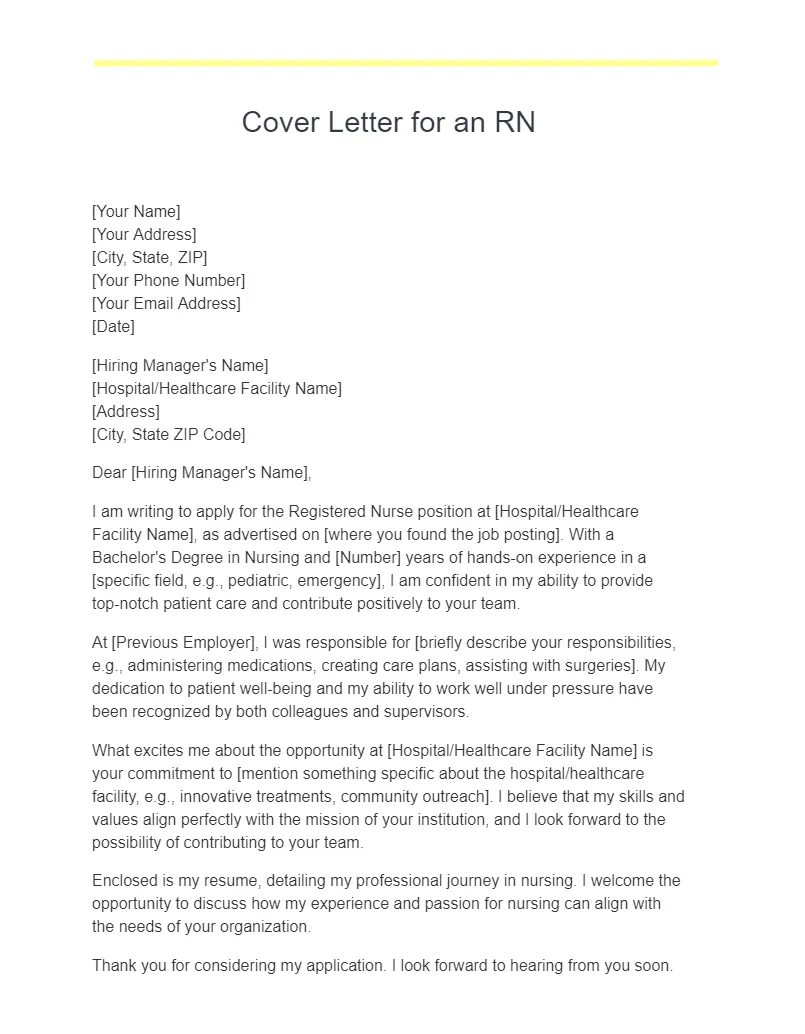
Keep your cover letter concise and focused, ideally no more than one page. Avoid unnecessary jargon or overly complex language. Use clear and straightforward language to express your ideas effectively. Maintain a professional tone throughout the letter, avoiding slang or informal language. Stay focused on the specific requirements of the job and only include relevant information. A focused, concise letter is more likely to capture the reader’s attention.
Closing Your RN Cover Letter Effectively
Your closing paragraph is your final opportunity to make a lasting impression. End with a strong statement that reinforces your interest in the position. It should re-emphasize your key qualifications and express your enthusiasm for the opportunity. It’s your last chance to show why you are the best fit.
Expressing Gratitude
Thank the hiring manager for their time and consideration. Express your appreciation for the opportunity to be considered for the role. Show your gratitude by acknowledging their effort in reviewing your application. This adds a positive touch and leaves a good impression.
Including a Call to Action
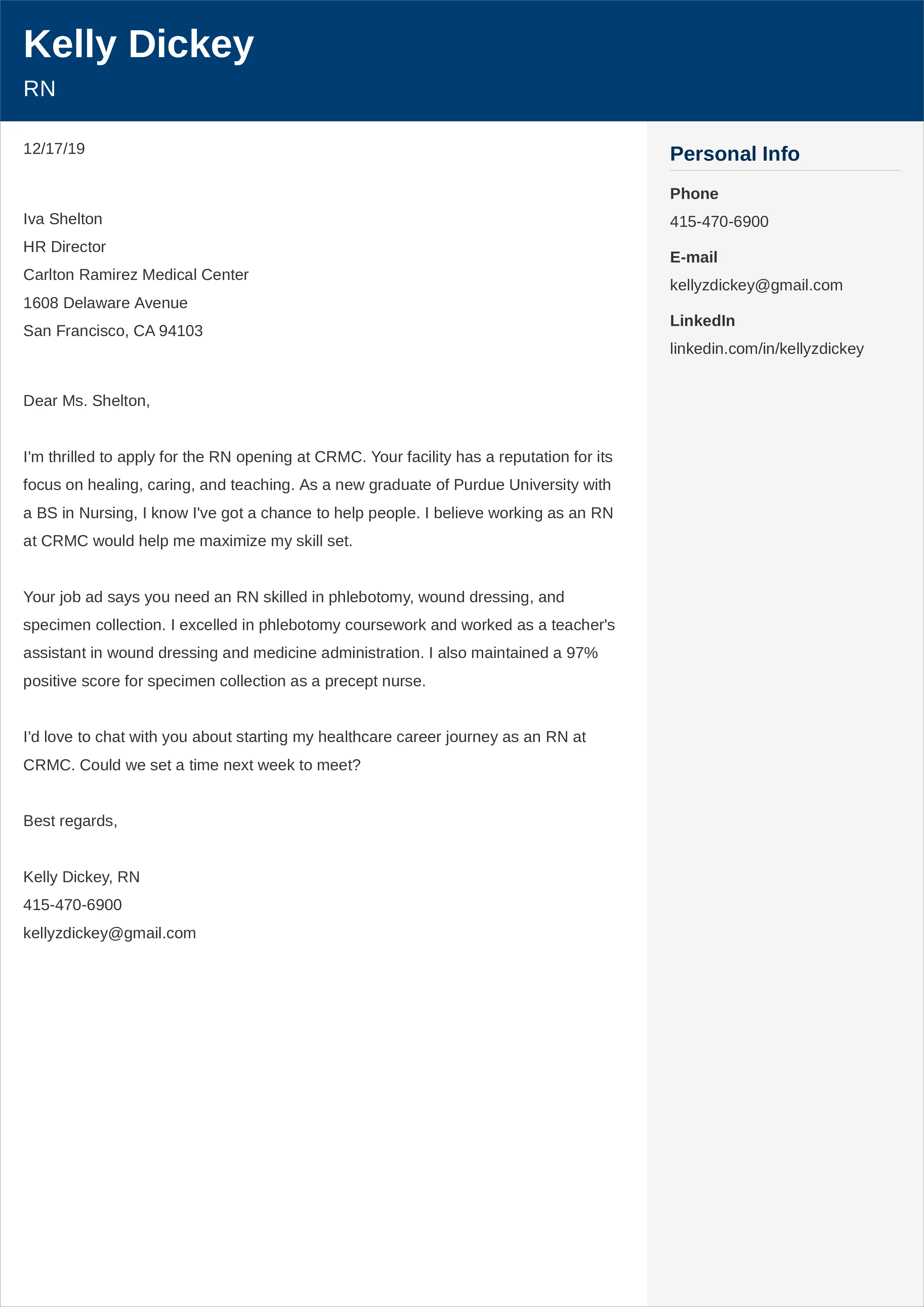
Include a call to action by stating your availability for an interview. Express your eagerness to discuss your qualifications further and provide your contact information. Make it easy for the hiring manager to reach you. End the letter with a professional closing such as “Sincerely” or “Respectfully,” followed by your full name and signature (if submitting a printed copy).
Proofreading and Submitting Your Cover Letter
Before submitting your cover letter, ensure it’s perfect. Proofreading and correct submission are the final steps in creating a winning application. Double-checking for accuracy is paramount to success.
Proofreading Your Letter
Thoroughly proofread your cover letter for any errors in grammar, spelling, punctuation, and formatting. Read your letter aloud to catch any awkward phrasing or unclear sentences. Ask a friend, family member, or career advisor to review your cover letter for any mistakes you may have missed. A polished letter demonstrates your attention to detail and professionalism. Proofreading is an essential step in the application process, so you should never skip this step.
Submitting Your Letter
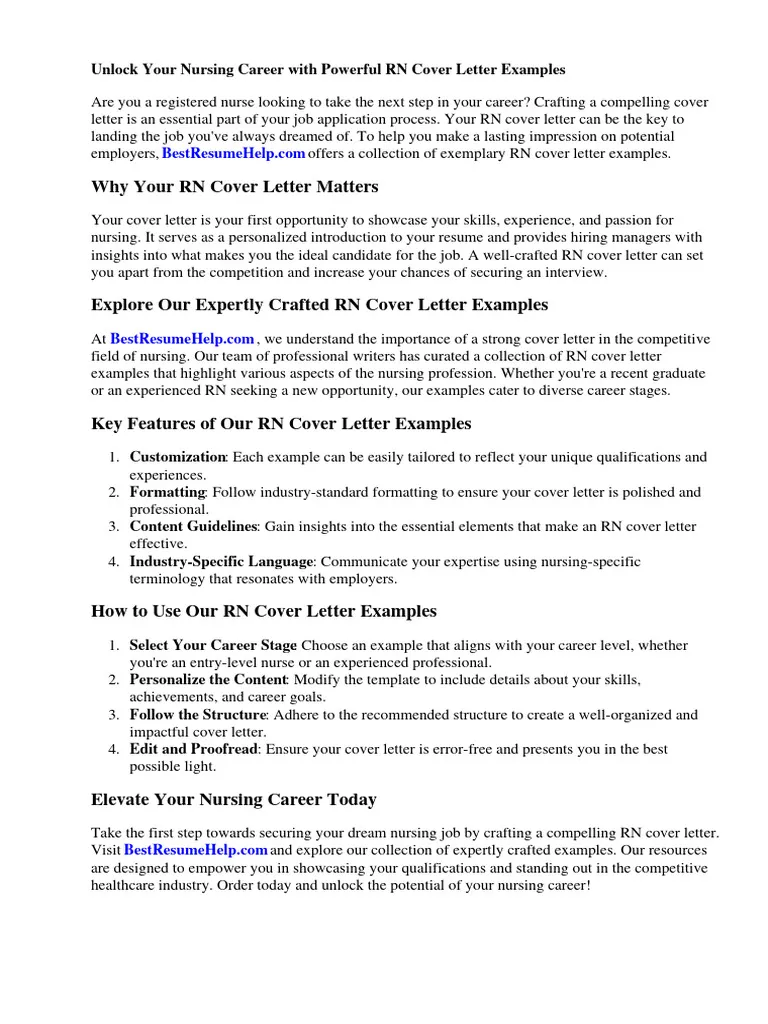
Follow the application instructions carefully when submitting your cover letter. If the application requires a specific file format, make sure to comply. Send your cover letter in the format requested by the employer. If you’re submitting via email, ensure the subject line clearly states the position you’re applying for. Double-check the email address to avoid sending your application to the wrong recipient. Keep a copy of your cover letter and the job posting for your records.
By following these guidelines, you can create a winning RN cover letter that highlights your qualifications, showcases your passion, and increases your chances of landing your dream job. Good luck with your job search!
